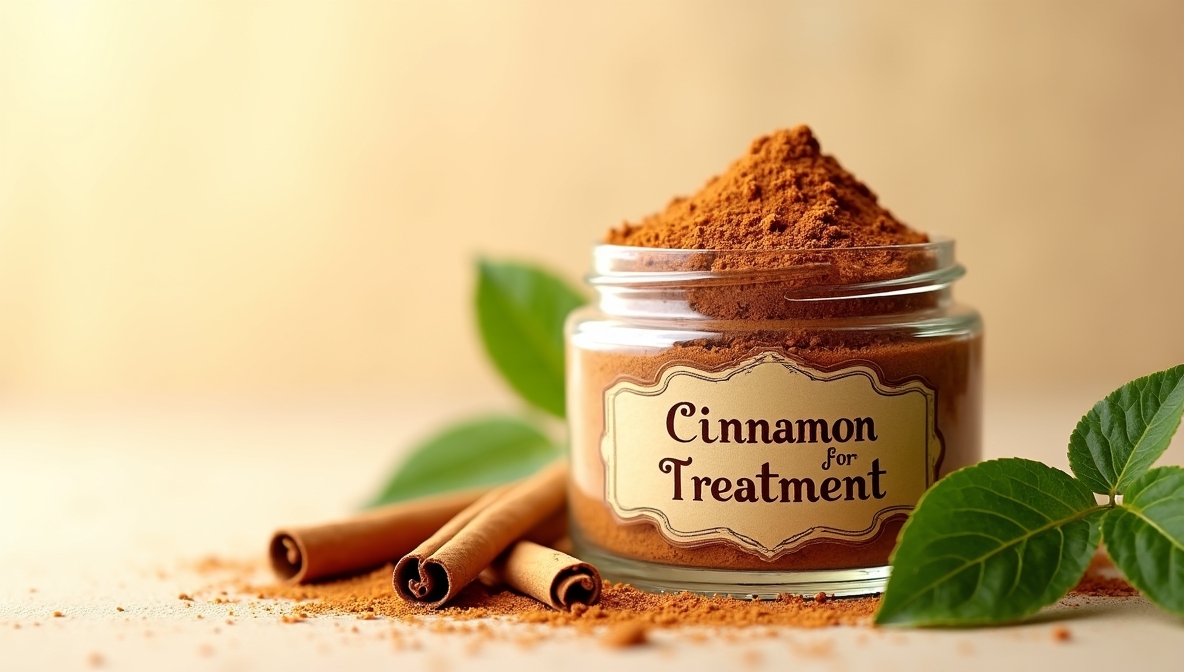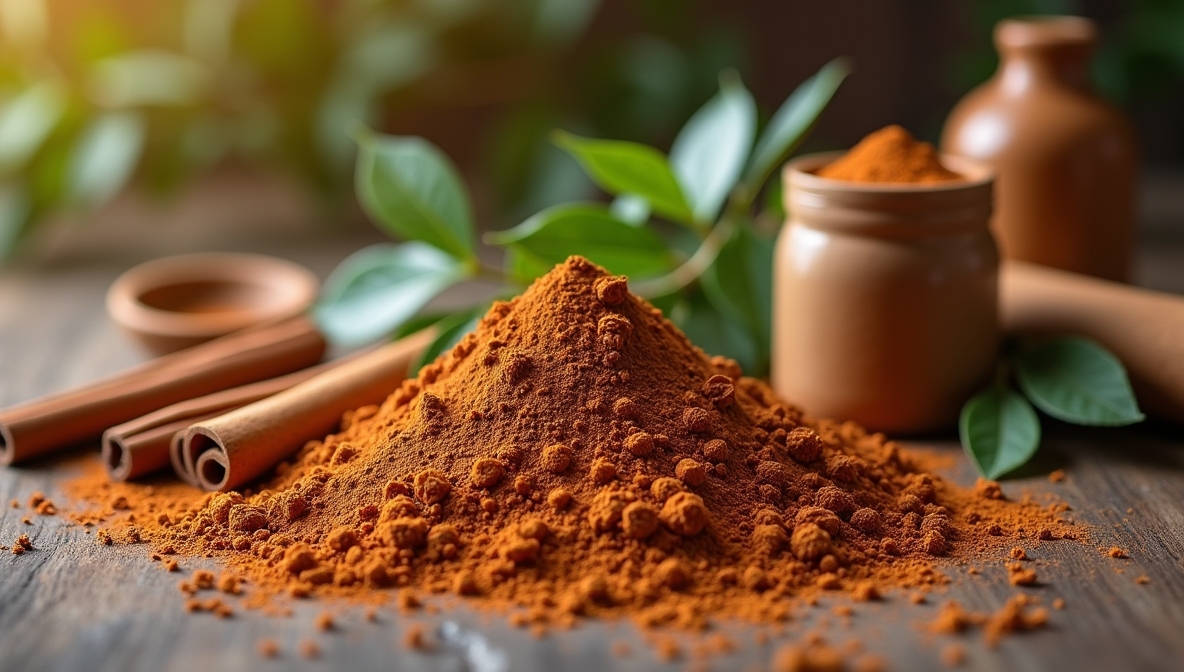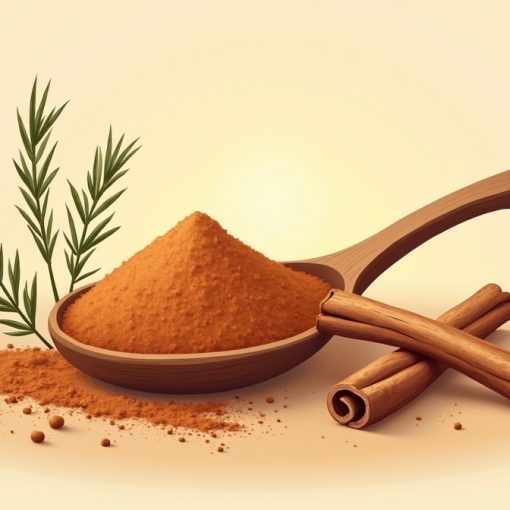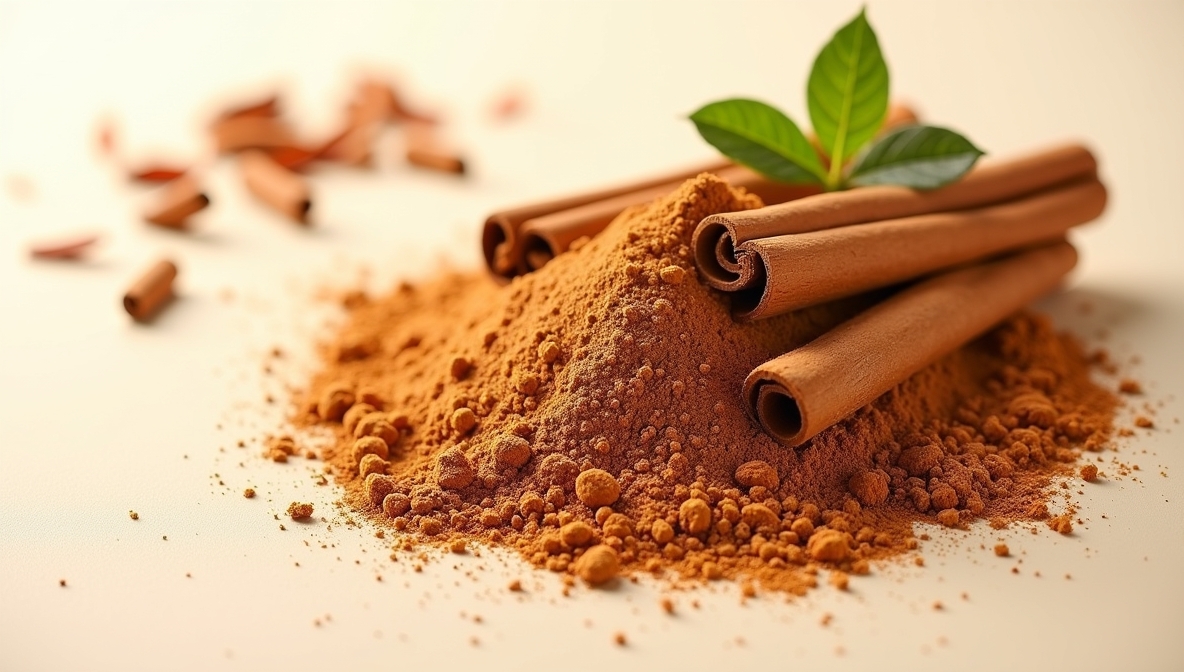Acne is frustrating, persistent, and sometimes painful. Many turn to over-the-counter treatments or prescription medications, but natural alternatives can also be effective. Cinnamon, a common kitchen spice, has gained attention for its antibacterial and anti-inflammatory properties that may help with acne. But does it actually work? Let’s break down its benefits, how to use it, and potential precautions.
Why Cinnamon Works for Acne
Cinnamon isn’t just for spicing up desserts—it has properties that may help combat acne in several ways.
1. Antibacterial Action
Acne is often caused by bacteria like Propionibacterium acnes. Cinnamon contains cinnamaldehyde, a compound with strong antimicrobial properties that can help fight bacterial growth on the skin.
2. Anti-Inflammatory Effects
Redness and swelling are common with acne. Cinnamon contains antioxidants that help reduce inflammation, potentially calming breakouts and soothing irritated skin.
3. Regulates Oil Production
Excess oil contributes to clogged pores and breakouts. Some studies suggest that cinnamon can help regulate sebum production, making it beneficial for those with oily skin.
4. Boosts Blood Circulation
Increased circulation can support healing by bringing more oxygen and nutrients to the skin. Cinnamon has been known to stimulate blood flow, which may promote faster recovery from acne scars.
How to Use Cinnamon for Acne
Cinnamon can be used in different forms—powder, essential oil, or mixed with other natural ingredients for targeted treatments.
1. Cinnamon and Honey Face Mask
Honey is another natural ingredient with antibacterial and soothing properties. Combined with cinnamon, it creates a potent acne-fighting mask.
How to make it:
- Mix 1 teaspoon of cinnamon powder with 2 tablespoons of raw honey.
- Apply a thin layer to affected areas.
- Leave it on for 10–15 minutes, then rinse with lukewarm water.
- Use 2–3 times a week.
2. Cinnamon and Aloe Vera Spot Treatment
Aloe vera helps with redness and healing. When combined with cinnamon, it creates a calming treatment.
How to make it:
- Mix ½ teaspoon of cinnamon powder with 1 tablespoon of aloe vera gel.
- Apply directly to pimples.
- Leave it on for 10 minutes, then rinse.
- Use once daily until the acne subsides.
3. Cinnamon and Yogurt Face Pack
Yogurt contains probiotics that support skin health, and lactic acid for gentle exfoliation.
How to make it:
- Combine 1 teaspoon of cinnamon powder with 2 tablespoons of plain yogurt.
- Apply evenly to your face.
- Leave it on for 15 minutes, then rinse.
- Use twice a week.
4. Cinnamon and Lemon Toner
Lemon juice contains citric acid, which can help clear clogged pores. Mixing it with cinnamon may provide an effective toner for acne-prone skin.
How to make it:
- Mix ½ teaspoon of cinnamon powder with 1 tablespoon of fresh lemon juice.
- Apply with a cotton pad to acne-prone areas.
- Leave it on for 5–10 minutes, then rinse.
- Use every other day, but avoid if you have sensitive skin.
5. Cinnamon Essential Oil Spot Treatment
Cinnamon essential oil is highly concentrated and should always be diluted.
How to make it:
- Mix 2 drops of cinnamon essential oil with 1 teaspoon of carrier oil (like jojoba or coconut oil).
- Apply directly to blemishes using a cotton swab.
- Use once daily until the acne improves.
Precautions and Potential Side Effects
While cinnamon has benefits, it’s strong and can cause irritation if not used properly. Keep these points in mind:
- Always do a patch test before applying cinnamon-based treatments to your face.
- Avoid using it daily unless diluted, as it can cause dryness or redness.
- Do not apply pure cinnamon powder or essential oil directly to the skin—it can cause burns or irritation.
- If you have sensitive skin, start with a lower concentration and monitor how your skin reacts.
- Avoid use if allergic to cinnamon.
Does Cinnamon Work for All Types of Acne?
Cinnamon may help with mild to moderate acne, particularly those caused by bacteria and inflammation. However, for severe cystic acne, professional treatments may be needed alongside natural remedies.
It works best as a complementary treatment rather than a sole solution. If acne persists despite regular use, consulting a dermatologist is recommended.
Final Thoughts
Cinnamon offers a natural way to support acne treatment with its antibacterial, anti-inflammatory, and oil-balancing properties. When used correctly, it can complement a skincare routine without the harsh effects of synthetic treatments. Testing different methods and being mindful of skin reactions will help determine the best way to incorporate cinnamon into a skincare routine.




